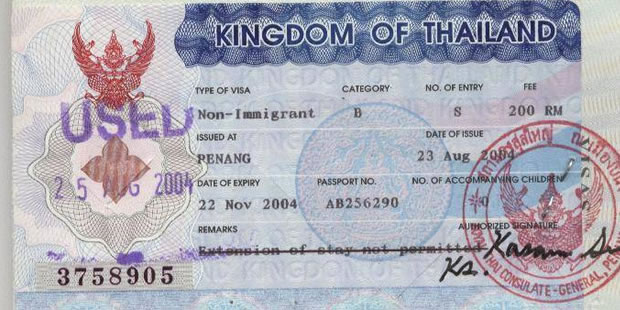Business Visas in Thailand. Thailand attracts global entrepreneurs and investors owing to its vibrant business environment and strategic location in Southeast Asia. Thai government provides different business visas to facilitate commerce. This page covers Thai business visa eligibility, application, and entrepreneur considerations.
I. Thailand Business Visa Types
A. Non-Immigrant B Visa:
Foreign entrepreneurs in Thailand use the Non-Immigrant B Visa frequently.
It suits job seekers, entrepreneurs, and investors.
B. SMART Visa:
The SMART Visa offers improved incentives to attract high-skilled professionals, investors, and startups.
SMART Visa categories include “T” (Talent), “I” (Investor), “E” (Executive), and “S” (Startup).
II. Prerequisites
A. B Nonimmigrant Visa:
Applicants must work for a Thai company or be invited by the government.
Thailand’s business must qualify.
B. SMART Visa:
Different groups qualify for SMART Visas.
Entrepreneurs must meet investment and business plan requirements for the “S” category (Startup).
III. Application
A. B Nonimmigrant Visa:
Get an invitation letter from the employer or Thai government agency.
Send the invitation letter and other documents to the Thai embassy or consulate in the applicant’s country.
B. SMART Visa:
Entrepreneurs must apply online for SMART Visas.
Submitting documents and being reviewed by authorities is the application procedure.
IV. Business Visa Holder Considerations
A. Work Permit:
B, nonimmigrant Visa holders working in Thailand need a work permit.
The Thai Department of Employment approves the work permit independently.
B. Extensions/Renewals:
SMART and Non-Immigrant B Visa holders can extend in Thailand.
Extensions usually last one year and require particular circumstances.
Keeping Business Going:
Business visa holders must actively conduct approved business.
Not doing so may result in visa revocation or extension denial.
V. SMART Visa Benefits
A. Extended Stays:
SMART Visas have lengthier initial stays than Non-Immigrant B Visas.
Extended stay allows longer business planning and implementation.
B. Family Advantages:
SMART Visa holders can bring wives, children, and essential support staff to Thailand.
Family members of the principal visa holder have more flexibility.
Fast-track services:
SMART Visa holders get faster immigration and employment permits.
This benefits high-skilled professionals and executives.
VI. Issues and Options
A. Regulation Compliance:
Business visa holders must follow Thai labor and immigration laws.
Law and regulation changes must be monitored.
VII. Conclusion
Business visas in Thailand are necessary for establishing and maintaining a successful business. Entrepreneurs need to thoroughly assess their eligibility, choose the best visa category, and stay current on visa laws. Entrepreneurs can utilize the Non-Immigrant B Visa or the new SMART Visa to create opportunities, build businesses, and contribute to Thailand’s dynamic and diverse business scene. Professional immigration services and legal experts can simplify visa applications and assure Thai compliance.

